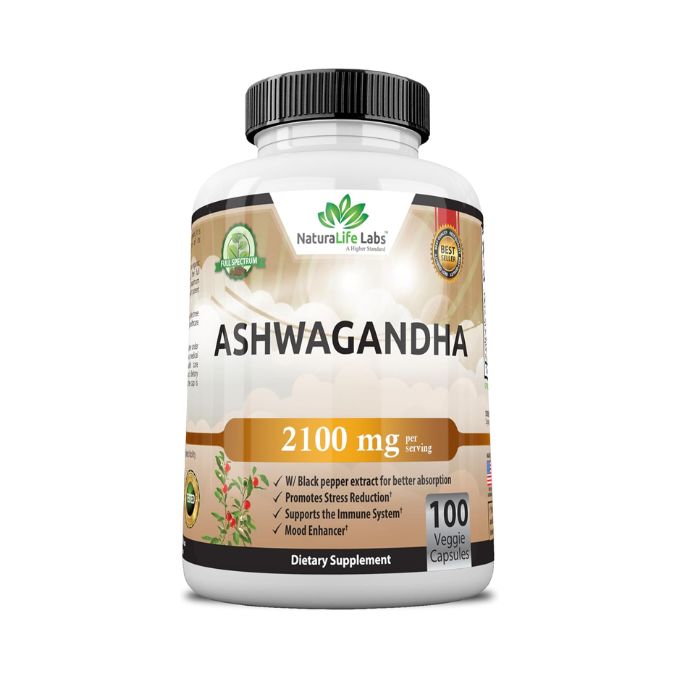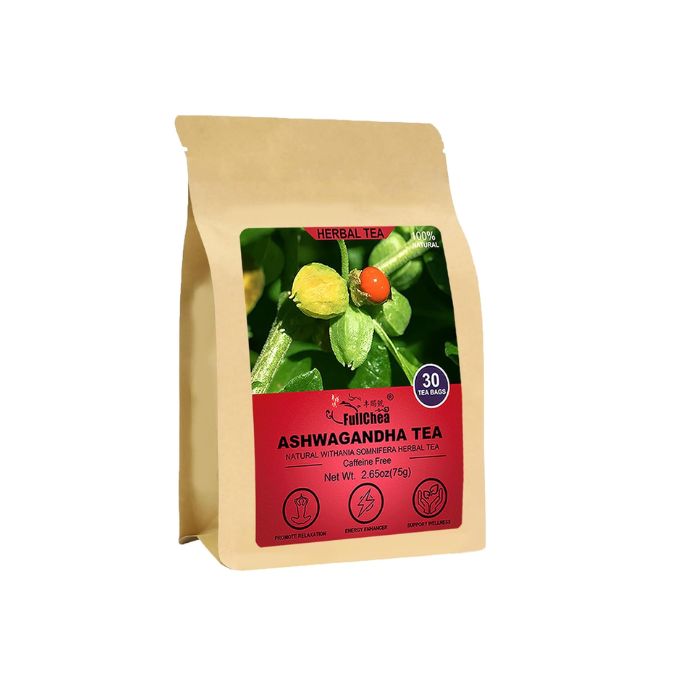Do you sometimes feel like stress is taking over your life? It’s a common challenge that many of us face as we juggle our responsibilities and daily pressures. It can seem daunting, but recognizing that you’re not alone in this battle is important. You possess the inner resilience to tackle these feelings and create a sense of peace in your life!
Risks of Prescription Drugs for Stress Relief
Prescription drugs aimed at reducing stress and improving overall well-being, such as benzodiazepines and selective serotonin reuptake inhibitors (SSRIs), often fail to provide sustainable benefits and pose significant risks. These medications can lead to dependency, tolerance, withdrawal symptoms, and various physical side effects (Baldwin et al., 2013). Additionally, long-term use of these drugs can increase the risk of severe adverse outcomes, particularly in older adults. A cohort study by Coupland et al. (2011) found that SSRIs and other antidepressants were associated with higher risks of all-cause mortality, stroke, and fractures compared to tricyclic antidepressants. These findings highlight the potential dangers of relying on prescription medications for stress relief and well-being. Non-pharmacological approaches, such as cognitive-behavioral therapy, mindfulness practices, regular physical activity, and a healthy diet, are often more effective and safer for managing stress and enhancing overall well-being (Hofmann et al., 2012).
Harnessing Ashwagandha for Stress Reduction
Ashwagandha (Withania somnifera) has been shown to significantly reduce stress and improve overall well-being due to its adaptogenic properties. Adaptogens are natural substances that help the body adapt to stress and exert a normalizing effect upon bodily processes. Clinical studies have demonstrated that ashwagandha can effectively lower cortisol levels, the hormone associated with stress. For instance, a randomized double-blind, placebo-controlled study by Chandrasekhar et al. (2012) found that participants taking ashwagandha experienced a significant reduction in stress levels and improved overall quality of life compared to the placebo group. Additionally, Cooley et al. (2009) found that ashwagandha supplementation led to notable improvements in mood and anxiety scores. These benefits are attributed to the herb’s ability to modulate the HPA (hypothalamic-pituitary-adrenal) axis, which plays a crucial role in stress response and regulation of various bodily functions. Overall, ashwagandha is a powerful natural remedy for reducing stress and enhancing overall well-being.
Discover the Many Forms of Ashwagandha
Ashwagandha is a versatile herb available in various forms, each offering unique benefits. Gummies provide a tasty and convenient way to incorporate ashwagandha into your daily routine, while capsules offer a concentrated dose for those seeking a more traditional supplement option. For a soothing experience, ashwagandha tea bags deliver the herb’s calming properties in a warm, aromatic beverage, perfect for relaxation and stress relief.

Goli Ashwagandha & Vitamin D Gummy
Enjoy the delicious mixed berry flavor of these gummies while supporting relaxation and mood balance. Each gummy combines the power of KSM-66 ashwagandha and vitamin D, offering a plant-based solution to help you unwind and restore your inner calm without compromising on dietary preferences.
Organic Ashwagandha 2,100 mg
Discover the stress-relieving benefits of pure organic ashwagandha in convenient vegan capsules. This supplement harnesses the natural power of ashwagandha root extract, known for enhancing mood and supporting overall well-being, making it a great addition to your daily routine for mental clarity and relaxation.


FullChea Ashwagandha Tea
Experience the soothing properties of premium ashwagandha tea, sourced from India. Each caffeine-free tea bag delivers the natural benefits of dried cut and sifted root, promoting stress relief and a sense of calm while providing a warm and comforting beverage for your wellness ritual.
Cultivating Resilience Against Stress
Recognizing stress as a common challenge is the first step in reclaiming your peace of mind. By exploring natural approaches and understanding the impact of your choices, you can cultivate resilience and improve your overall well-being. Embrace the journey toward a more balanced life, knowing you have the strength to overcome any obstacle.
Transform Your Destiny
Are you ready to unlock your full potential and create a life you love? Embrace practical and proven techniques to help you master your mind, empower your body, and rule your life.
Disclosure: Start Now How is no longer an Amazon Associate. Links to Amazon products in this post are provided solely for informational purposes and do not result in any commission. For more details, please see our Privacy Policy.
Legal Disclaimer
The information provided on this website, including blog posts and downloadable materials, is for educational and informational purposes only and is not intended as medical advice. The content is not a substitute for professional medical advice, diagnosis, or treatment. Always seek the advice of your physician or another qualified health provider with any questions you may have regarding a medical or psychological condition. Do not disregard professional medical advice or delay in seeking it because of something you have read on this website. The use of any information provided on this website is solely at your own risk. Before beginning any new health regimen, including natural remedies, exercise routines, mindfulness practices, or life improvement strategies, consult with your general physician to ensure it is appropriate for your individual health needs and conditions.
References
Baldwin, D. S., Aitchison, K., Bateson, A., Curran, H. V., Davies, S., Leonard, B., & Nutt, D. (2013). Benzodiazepines: Risks and benefits. A reconsideration. Journal of Psychopharmacology, 27(11), 967-971. https://journals.sagepub.com/doi/10.1177/0269881113503509
Coupland, C., Dhiman, P., Morriss, R., Arthur, A., Barton, G., & Hippisley-Cox, J. (2011). Antidepressant use and risk of adverse outcomes in older people: population based cohort study. BMJ, 343, d4551. https://www.bmj.com/content/343/bmj.d4551
Hofmann, S. G., Sawyer, A. T., Witt, A. A., & Oh, D. (2012). The effect of mindfulness-based therapy on anxiety and depression: A meta-analytic review. Journal of Consulting and Clinical Psychology, 80(2), 169-183. https://psycnet.apa.org/doiLanding?doi=10.1037%2Fa0026358
Chandrasekhar, K., Kapoor, J., & Anishetty, S. (2012). A prospective, randomized double-blind, placebo-controlled study of safety and efficacy of a high-concentration full-spectrum extract of Ashwagandha root in reducing stress and anxiety in adults. Indian Journal of Psychological Medicine, 34(3), 255-262. https://journals.sagepub.com/doi/10.4103/0253-7176.106022
Cooley, K., Szczurko, O., Perri, D., Mills, E. J., Bernhardt, B., & Zhou, Q. (2009). Naturopathic care for anxiety: A randomized controlled trial ISRCTN78958974. PLoS ONE, 4(8), e6628. https://journals.plos.org/plosone/article?id=10.1371/journal.pone.0006628

